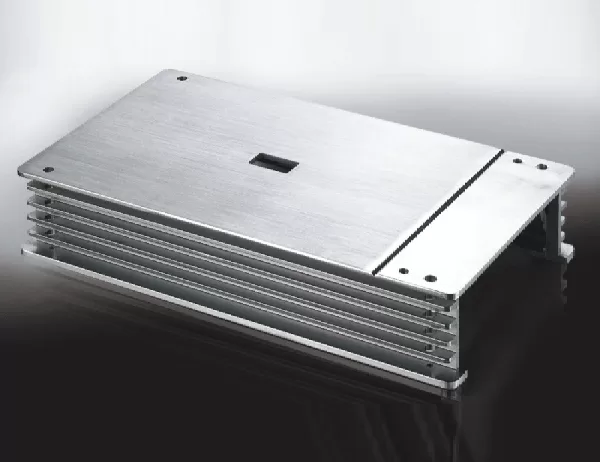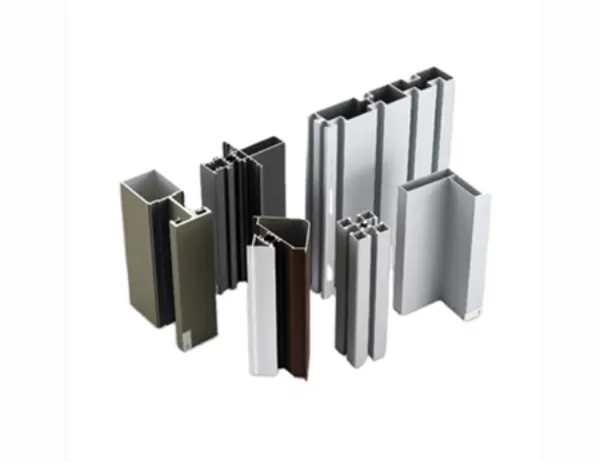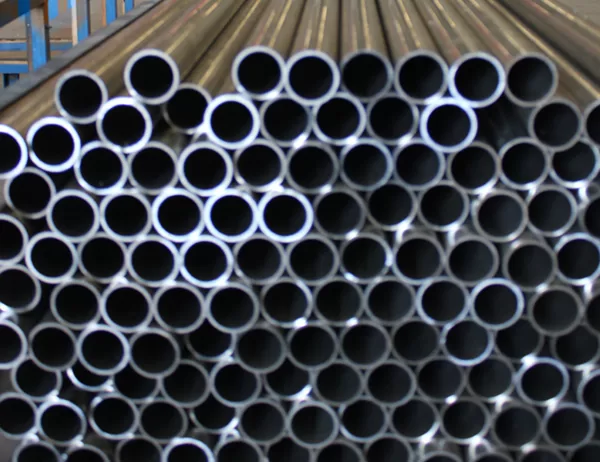Introduction
In the realm of electronics, sustainability has become paramount, with the relentless pursuit of energy efficiency driving innovation. Among the unsung heroes of this quest are aluminum heat sinks, which play a pivotal role in dissipating heat generated by electronic components, thereby reducing energy consumption.
The Role of Aluminum Heat Sinks
Heat sinks serve as conduits for thermal energy, transferring it from heat-producing components to the surrounding environment. Aluminum, with its exceptional thermal conductivity, is an ideal material for heat sinks due to its ability to swiftly dissipate heat.
Energy Efficiency and Performance
Effective heat dissipation is crucial for two primary reasons. Firstly, excessive heat can degrade electronic components, shortening their lifespan and increasing the risk of malfunctions. By cooling these components, heat sinks prevent heat-related damage and extend their operational life.
Secondly, heat dissipation directly impacts energy efficiency. As electronic devices heat up, their performance suffers, leading to reduced efficiency. By keeping components cool, heat sinks maintain optimal operating conditions and minimize energy consumption.
Sustainability Benefits
The sustainability benefits of aluminum heat sinks are multifaceted. Reduced energy consumption translates into lower greenhouse gas emissions and carbon footprint. Moreover, the use of aluminum, a highly recyclable material, promotes resource conservation and reduces landfill waste.
Conclusion
Aluminum heat sinks are a testament to the transformative power of sustainability in electronics. Their exceptional thermal conductivity enables effective heat dissipation, which not only enhances device performance but also reduces energy consumption. By embracing these innovative solutions, we can create a more sustainable future for the electronic industry while also maximizing the lifespan and efficiency of our devices.




